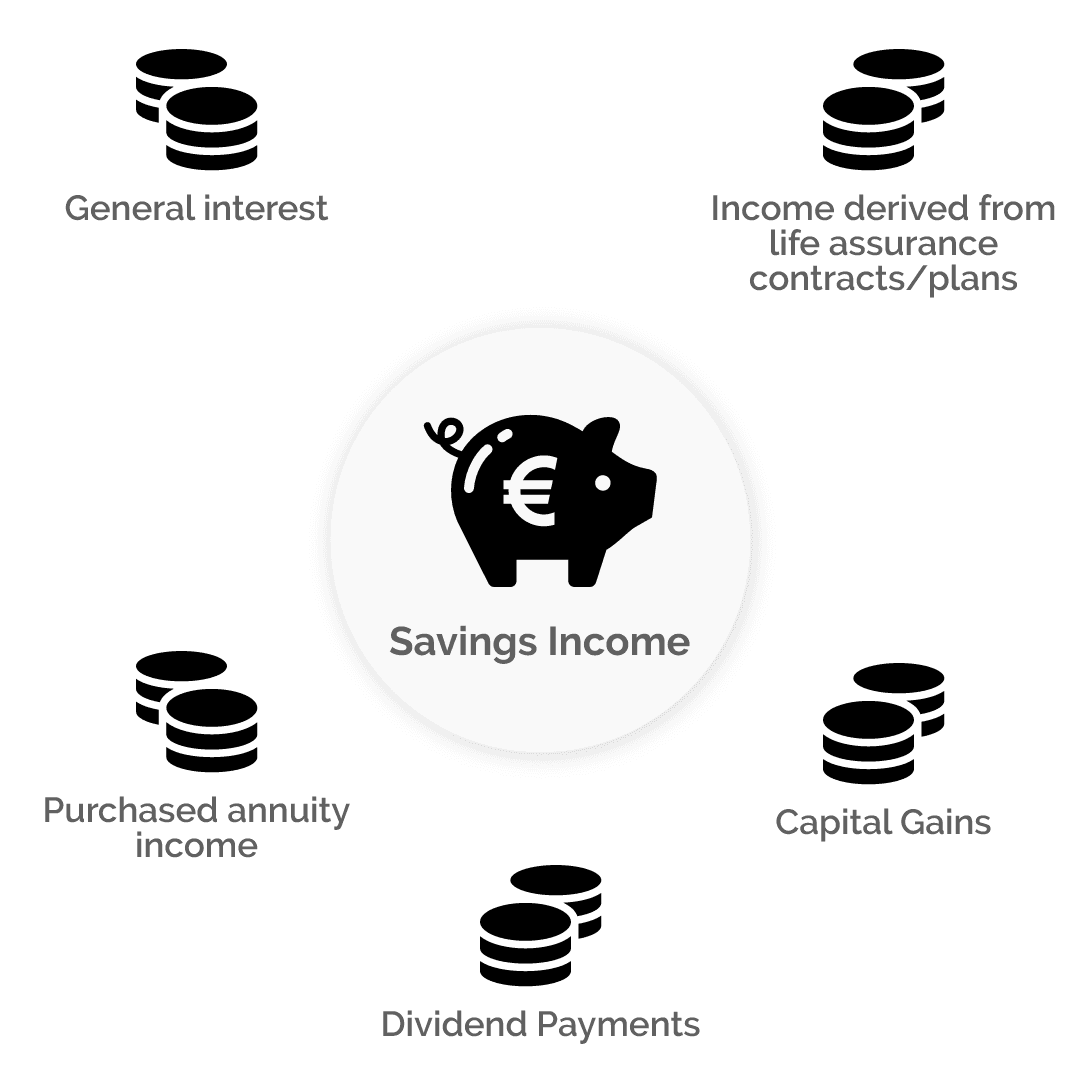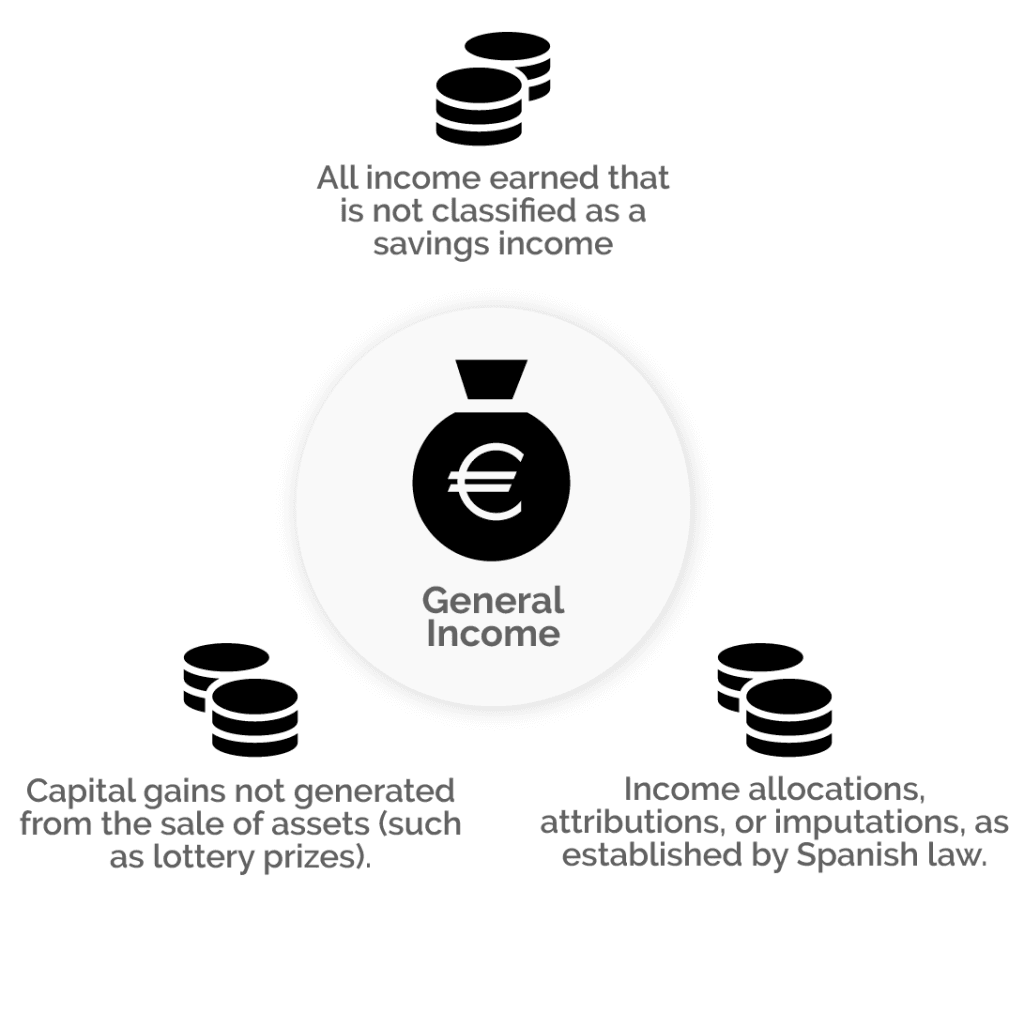In 2024, the Beckham Law in Spain continues to offer significant tax benefits for expats, attracting international professionals with its favorable tax regime.
This article explores how the law works, who can benefit, and the specific reliefs it provides, helping you navigate the Spanish tax landscape effectively.

The Beckham Law also known as the Impatriate Law, or as the Special Expats’ Tax Regime (SETR), is a Spanish tax regime constructed to attract international talent and qualified workers to Spain by offering favourable tax conditions.
This special regime received its nickname when the famous football player David Beckham moved to Spain to play for Real Madrid and was one of the first foreigners to take full advantage of it.
The royal decree: Royal Decree 687/2005 allows foreigners who have moved to the Spanish territory to be subject to a flat rate of 24% for the income they obtain in Spain instead of the usual progressive resident tax rates on all worldwide incomes that can vary from 19% to 47%. Depending on where you are in Spain the progressive rates vary based on the autonomous regions. For example, in the Region of Valencia, the maximum rate for income tax is 56%.
The point of this article is to shed light on the purpose of this law, how it works and who can truly benefit from it.

Before continuing with the explanation and application of The Beckham Law in Spain in 2024, it is important to describe certain tax related definitions specific to Spain as this will assist with the broader understanding of The Beckham Law.
When looking at income tax in Spain we must first differentiate between General income and Savings income
Savings Income =

General Income =

When it comes to income tax in Spain, there are variations in the rates to pay depending on your residency status in Spain. This means that:
If you are classified as a Spanish resident the following progressive rates will be applied to your general income earned. However, it must be mentioned that each autonomous region in Spain (Comunidad Autonoma, CA) may set its own rates.
| From | To | National income tax rate | Standard CA Tax Rate | Total Tax Rate |
|---|---|---|---|---|
| €0 | €12.450 | 9.5% | 9.5% | 19% |
| €12.450 | €20.200 | 12.00% | 12.00% | 24% |
| €20.200 | €35.200 | 15.00% | 15.00% | 30% |
| €35.200 | €60.000 | 18.50% | 18.50% | 37% |
| €60.000 | €300.000 | 22.50% | 22.50% | 45% |
| €300.000 | above | 23.5% | 23.5% | 47% |
And the following rates are applied to your income earned from savings income:
| From | To | Tax rate |
|---|---|---|
| €0 | €6.000 | 19% |
| €6.000 | €50.000 | 21% |
| €50.000 | €200.000 | 23% |
| €200.000 | €300.000 | 27% |
| €300.000 | And above | 28% |
If you have income earned in Spain but are classified as non-resident you are subject to the IRNR. The rates are as follows:
Regional variations do not exist in this situation.
Do you Need Expert Tax Mitigation Advice?
A good way to understand the application of The Beckham Law in 2024 is to look at the tax landscapes before and after the creation of this favourable tax regime for expats.
Before 2005, all those who moved to Spain and who decided to spend more than 6 months in a year in the country would become tax residents.
This meant that those expats were now subject to personal income tax on their worldwide income under the IRPF and would be subject to progressive tax rates, similar to the ones mentioned above, starting at 19% for the lower income earners and rising to 45% for those earning above €60.000.
Because of the way Spanish taxes work, it meant foreigners who were Spanish residents also had to declare all income generated abroad.
This old regime hindered high net worth individuals from making the move to Spain. All this changed from 2005.
With an objective to boost the Spanish economy and lure in high value foreigners to join local workforces, in 2005, Royal Decree 687/2005, completely overhauled the Spanish personal income tax regime for certain expats.
Under this new modified regime, if a foreigner was to spend over 6 months (183 days) in Spain, they would be considered a tax resident and would now be taxed under a new special set of rules. These are:
The new rules that allow a reduction in tax liabilities for foreigners residing in Spain will last for their first year of residence and then the following 5 consecutive years.

As we have previously mentioned, the Beckham Law was created and designed to target and benefit a large group of foreign people who have chosen to relocate to Spain for economic activities.
According to the LIRPF those foreigners who have relocated to Spain for work purposes can benefit from The Beckham Law under the following conditions:
From 2023, those that have applied for the Digital Nomad Visa and meet all necessary obligations may also enjoy the benefits of the Beckham Law after a close analysis of the individual’s personal situation.
Unfortunately, not all foreigners moving to Spain can enjoy the benefits provided by the Beckham Law.
Now that we have clearly presented who can benefit from the Beckham Law, what it has an impact on and its general purpose, we can present the exact reliefs the Beckham Law grants:
The main tax relief is granted to general income, as defined above, earned in Spain. Those who can benefit from the Beckham Law will be taxed at a fixed rate of 24% for their first €600.000 of general income earned in Spain only.
If their general income earned is above €600,001 then a fixed rate of 47% will be charged.
Another major benefit of falling under the scope of the Beckham Law in Spain in 2024 is the favourable tax rates when there are Capital gains on dividends acquired and/or after the sale of assets.
These will be charged on variable rates that range from 19% to 26% depending on the original amount.
Capital gains acquired outside of Spain must still be paid to the relevant authorities in the country where said gains were obtained.
Those who are eligible for the Beckham Law can also benefit from a strategic tax advantage on Property Tax. Under the conditions of the Beckham Law, only properties in Spain will be taxed.
Do you Need Help Applying For The Beckham Law?
The application process to receive the benefits provided by the Beckham Law in Spain in 2024 should be carefully considered:
To apply for the Beckham Law, you need to provide:
Passport and NIE
Social Security Number
Employment Contract:
The application process needs to be submitted within the first 6 months of the date you signed up for Social Security for the purposes of employment in the Spanish Company.
Then to inform the relevant Spanish tax agency you must fill out and send the form Model 149 [LINK].
If your application is approved, a certificate will be issued to you, the taxpayer, demonstrating that you are now benefiting from this special regime.
The Spanish Supreme Court in 2020 decided that if the form 149 was submitted after the 6-month window (mentioned above) had passed, the special regime will not be applied and therefore, you would be liable to pay your taxes under the General Regime.
Let us summarise the Beckham Law in 2024 by looking at the advantages and disadvantages.
Lower Tax Rates: Significant tax savings with a flat rate on Spanish income.
Simplicity: Easier tax calculations compared to progressive rates.
Attractive for High Earners: Benefits those with high income levels significantly.
Limited Duration: Benefits are available for a maximum of six years.
Cannot benefit from double taxations agreements.
It primarily benefits high earners. Those earning below the threshold might find the general regime more advantageous.
Cannot enjoy the personal or family deductions that residents can benefit from.

As with all matters relating to your finances and your wealth, seeking professional advice is crucial.
We, at Private Client Consultancy, are delighted to provide you with the knowledge and experience to assist you in making the right decisions when considering your move to Spain or other locations across Europe.

UK State Pension update for EU residents
From April 2026, the rules around voluntary National Insurance contributions for people living outside the UK are changing.
If you live in the EU and expect to rely on the UK State Pension, it may be worth reviewing your position while current options remain available.
Get notified about new articles, latest changes and much more